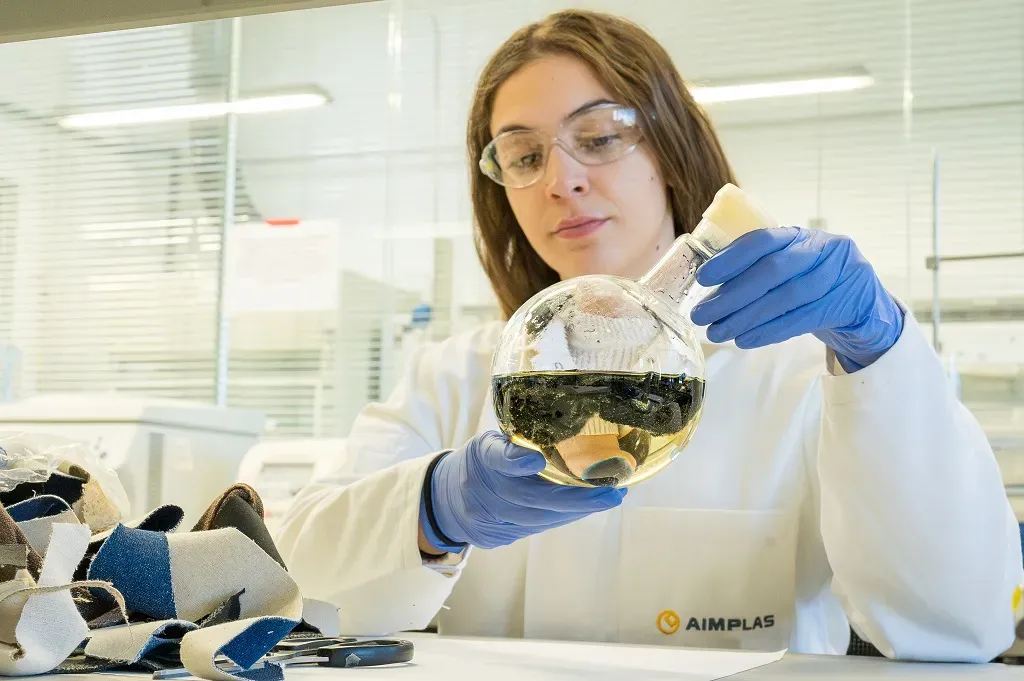A groundbreaking initiative has been launched in Valencia, Spain, to address the challenges posed by textile waste, particularly polyester and cotton blends. The RECIMAP (Recycling of Complex Materials in Products) project, initiated by a consortium led by Bespoke Factory Group and funded by the Valencian Agency for Innovation, aims to revolutionize the recycling landscape by recovering polyester and lactic acid from textile waste.
Project Overview
The RECIMAP project brings together key players in innovation and technology, including Bespoke Factory Group, Aimplas (Spanish Plastics Technology Centre), the University of Valencia, and the Valencia Interior V3 consortium. The project is a response to the difficulties posed by the multi-material nature of textile waste, often resulting in landfilling or incineration at the end of its life cycle.
Innovative Recycling Techniques
Aimplas has pioneered a novel process to selectively separate cotton and polyester blends using ionic liquids – organic salts with low melting temperatures. This breakthrough allows for the efficient solubilization of polymers like PET and PLA, overcoming the challenges posed by the complex composition of textile waste.
The project’s primary goals include recycling the polyester fraction through mechano-chemical techniques to obtain high-quality recycled polyester, while the cotton fraction undergoes an acid-lactic fermentation process to produce lactic acid.
Significance of the RECIMAP Project
Belén Taroncher, the principal investigator at Aimplas, emphasizes the project’s significance in introducing a new recycling approach. This approach not only addresses the complexities of textile waste but also generates high-quality recycled materials with a lower carbon footprint. The recovered lactic acid plays a crucial role in polylactic acid (PLA) production, a biopolymer widely used in single-use packaging applications.
PLA accounts for 27% of global bioplastics production, making the RECIMAP project a key player in promoting sustainability within the textile industry and contributing to the circular economy.
Economic and Environmental Impact
The RECIMAP project is not only a technological breakthrough but also a strategic move towards a more sustainable and circular economy. The recycled polyester with a reduced carbon footprint and the essential lactic acid for PLA production contribute to the economic and environmental goals of the Valencian region.
The RECIMAP project stands as a beacon of innovation, addressing the pressing issue of textile waste through novel recycling approaches. By leveraging ionic liquids and mechano-chemical techniques, the consortium is not only transforming complex textile waste into high-quality recycled materials but is also contributing significantly to the circular economy and sustainable practices in the textile industry. As the project progresses, it is poised to make a lasting impact on the way we perceive and manage textile waste globally.
